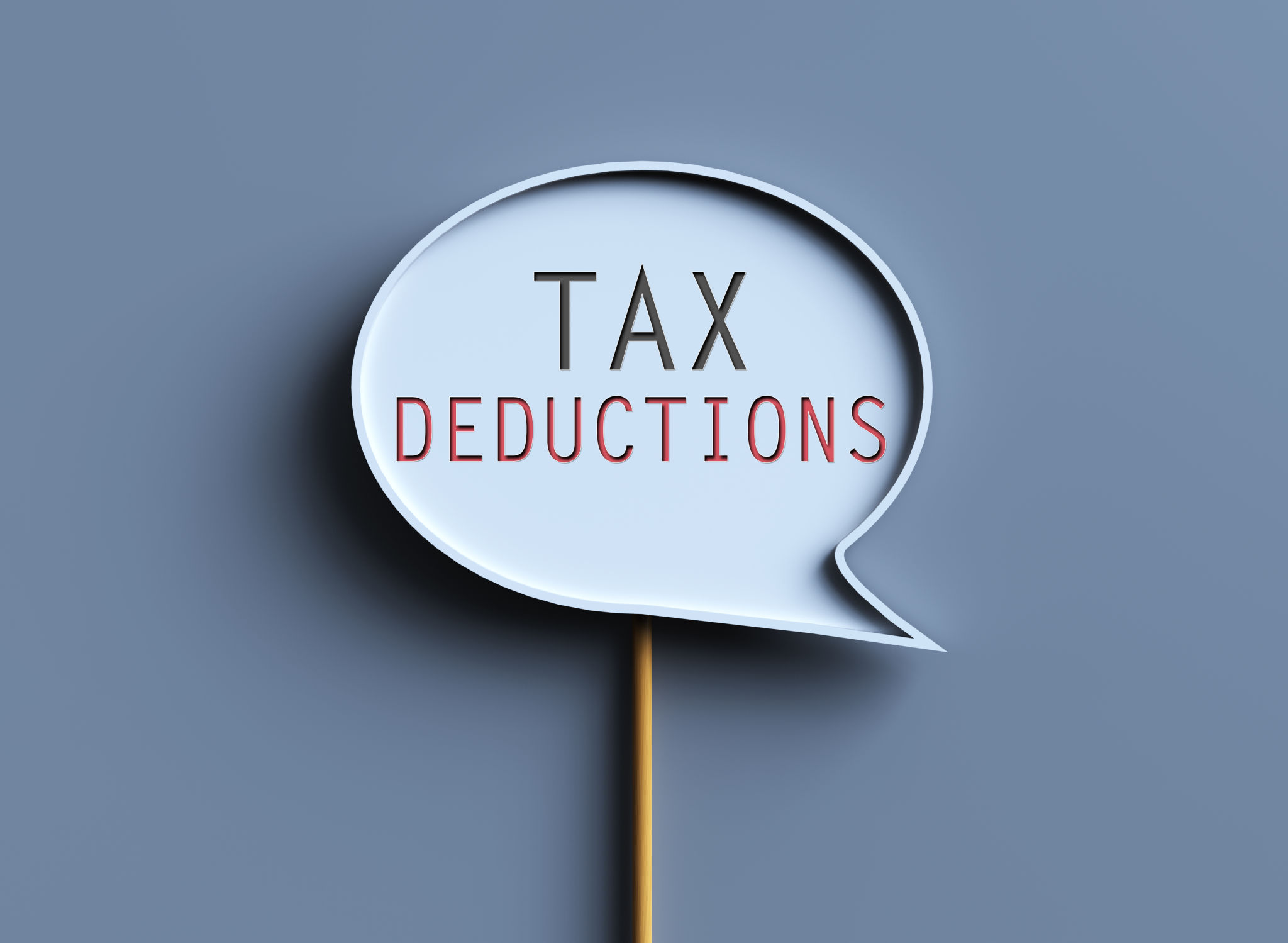DIY Tax Filing: Common Mistakes to Avoid for Atlanta Residents
Understanding the Basics of DIY Tax Filing
Filing your own taxes can be a rewarding experience, especially if you're looking to save a bit of money on professional services. However, it's not without its challenges. For Atlanta residents, understanding the local and federal tax regulations is crucial to ensuring an accurate filing. Proper preparation involves gathering all necessary documents, such as W-2s, 1099s, and any other relevant financial statements.
One common mistake is overlooking the importance of early preparation. Starting the process early can help you avoid the last-minute rush and reduce the likelihood of errors. Additionally, utilizing online tax software can streamline the process and provide helpful prompts to guide you through each step.

Identifying Common Errors
Errors in tax filing can lead to delays, penalties, or even audits. One frequent mistake is incorrectly entering Social Security numbers. This simple error can cause significant issues with your return. Always double-check that all identification numbers are correct before submission.
Another common oversight is failing to report all sources of income. Whether it's a side gig or interest from a savings account, all income must be reported. Omissions can raise red flags with the IRS, potentially leading to further scrutiny.

Understanding Deductions and Credits
Maximizing deductions and credits is essential for minimizing tax liability. However, many filers either miss out on valuable deductions or mistakenly claim ineligible ones. For instance, Atlanta residents should be aware of state-specific deductions and credits that might apply to their situation.
Common deductions include student loan interest, mortgage interest, and charitable contributions. Ensure you have proper documentation to support any claims you make. This not only aids in accuracy but also prepares you in case of an audit.

Avoiding Pitfalls with E-Filing
E-filing has become the preferred method for many due to its convenience and speed. However, even this process is not foolproof. One significant pitfall is neglecting to save a copy of your filed return. Always save both digital and printed copies for your records.
Another issue is failing to verify bank details for direct deposit refunds. Double-checking account numbers and routing numbers ensures your refund arrives without unnecessary delays.
Utilizing Extensions Wisely
If you find yourself unable to meet the tax filing deadline, requesting an extension is a viable option. However, an extension does not mean more time to pay any taxes owed—just more time to file your return. Interest and penalties may still accrue on any unpaid taxes after the original deadline.
- File Form 4868 for a federal extension.
- Check Georgia's specific requirements for state extensions.

Conclusion: Seeking Help When Necessary
While DIY tax filing can be cost-effective, don't hesitate to seek professional help if needed. Tax professionals can provide insight into complex situations and ensure your filing is as accurate as possible. Remember, the goal is a stress-free tax season, so take advantage of available resources to make your experience smooth and error-free.
